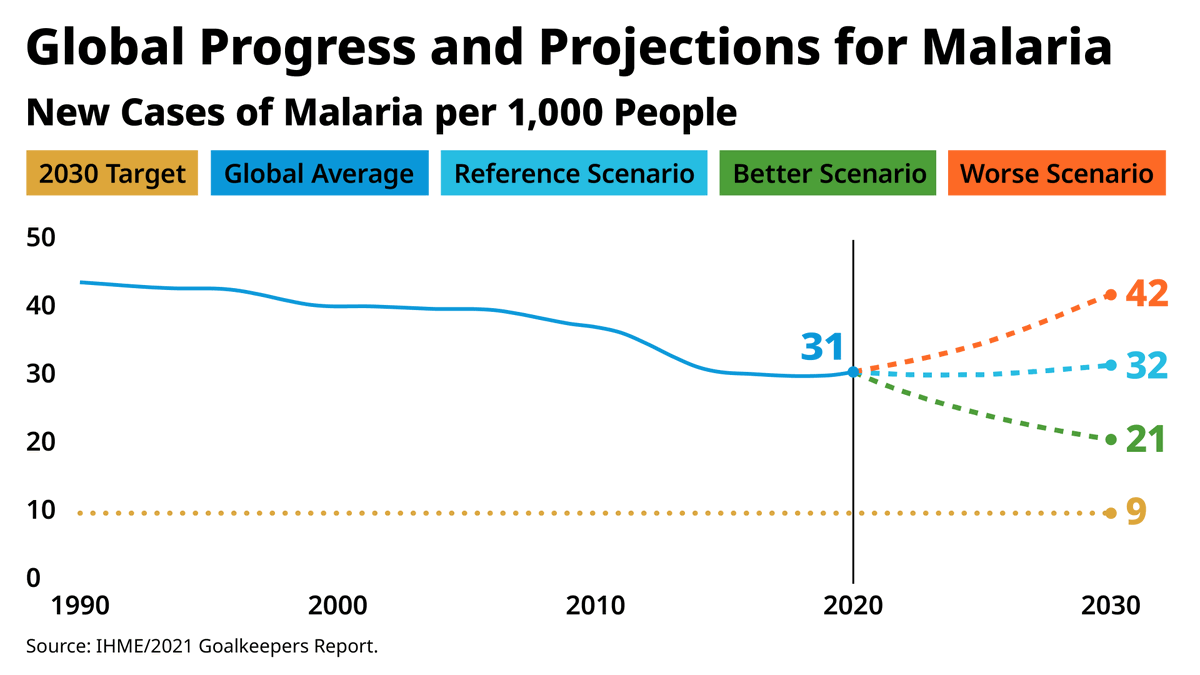
I recently had the chance to meet 36 incredible graduate students working to #endmalaria. Here are some of my favorite questions they asked.
Nobody can be an expert in all things at once. To end malaria—or any disease—leaders from around the world need to collaborate to make sustainable progress: gatesnot.es/3FeS8Td
The effects of climate change are affecting many aspects of our lives. By working to minimize its effects, we are also working to improve global health. However, ending malaria needs to (and should) happen faster: gatesnot.es/3FeS8Td
Poverty and the world’s top global health problems are closely connected. By improving one, we can make progress towards fixing the other: gatesnot.es/3FeS8Td
• • •
Missing some Tweet in this thread? You can try to
force a refresh




